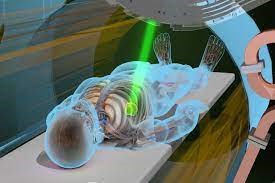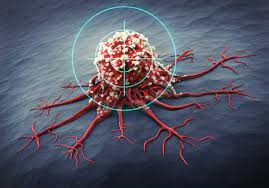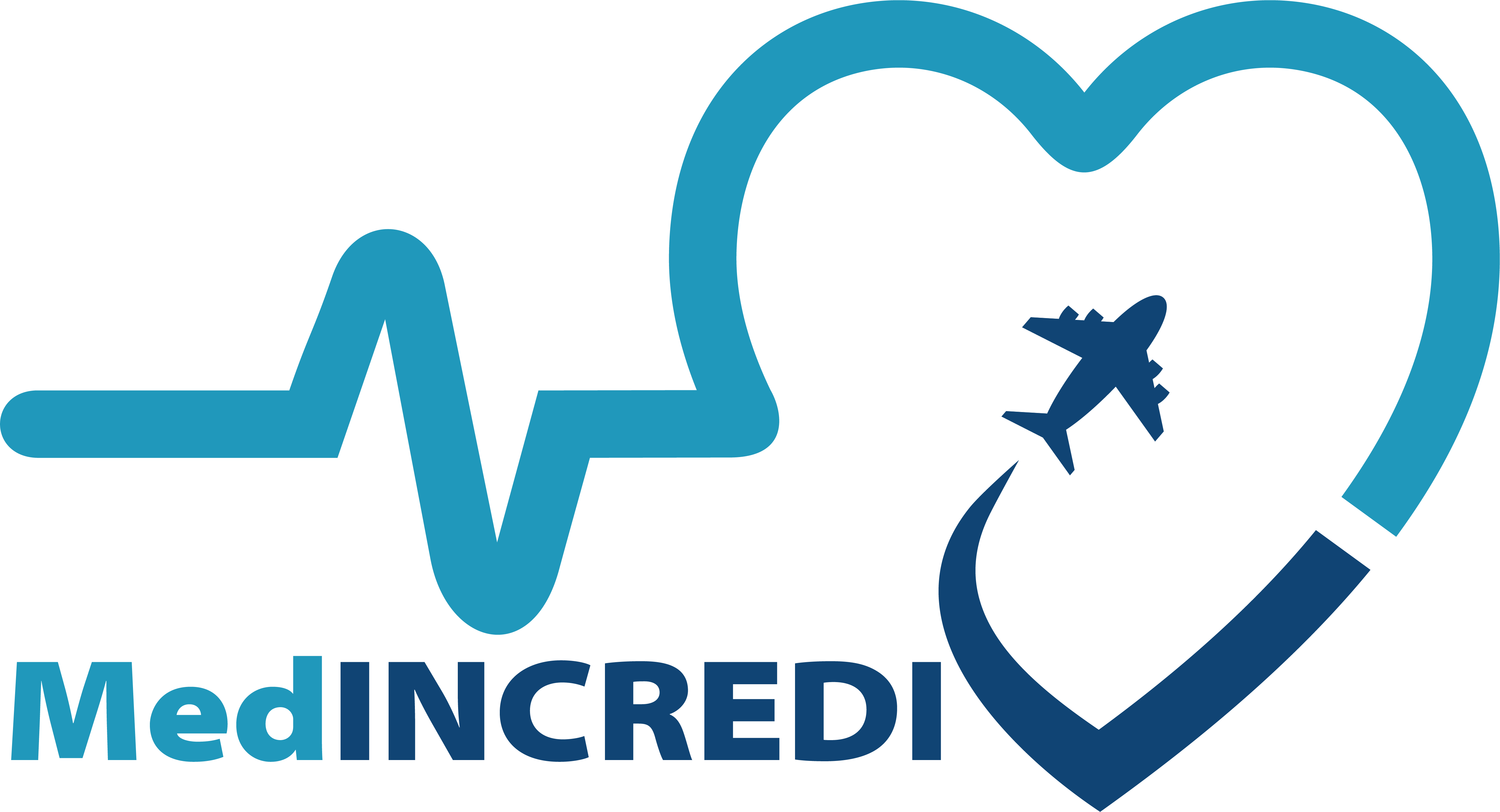Oncology
Oncology is a branch of science that deals with tumors and cancers. The word “onco” means bulk, mass, or tumor while “-logy” means study. Oncology is a sub-specialty of medicine dedicated to the investigation, diagnosis and treatment of people with cancer or suspected cancer. It includes: preventative medicine. medical oncology (chemotherapy, immunotherapy, hormone therapy and other drugs to treat cancer). MedIncredi’s medical tourism partners offer various types of Oncology treatments, from regular check-ups to complicated Onco-surgeries and treatment at extremely affordable rates.

Chemotherapy
Chemotherapy works by stopping or slowing the growth of cancer cells, which grow and divide quickly. Chemotherapy is used for two reasons: • Treat cancer: Chemotherapy can be used to cure cancer, lessen the chance it will return, or stop or slow its growth. • Ease cancer symptoms: Chemotherapy can be used to shrink tumors that are causing pain and other problems.

Immunotherapy
Immunotherapy is a type of cancer treatment that helps your immune system fight cancer. The immune system helps your body fight infections and other diseases. It is made up of white blood cells and organs and tissues of the lymph system. Immunotherapy is a type of biological therapy. Biological therapy is a type of treatment that uses substances made from living organisms to treat cancer.

Radiation Therapy
Radiation therapy (also called radiotherapy) is a cancer treatment that uses high doses of radiation to kill cancer cells and shrink tumors. At low doses, radiation is used in x-rays to see inside your body, as with x-rays of your teeth or broken bones. For some people, radiation may be the only treatment you need. But, most often, you will have radiation therapy with other cancer treatments, such as surgery, chemotherapy, and immunotherapy. Radiation therapy may be given before, during, or after these other treatments to improve the chances that treatment will work. The timing of when radiation therapy is given depends on the type of cancer being treated and whether the goal of radiation therapy is to treat the cancer or ease symptoms.

Stem Cell Transplants
Stem cell transplants do not usually work against cancer directly. Instead, they restore your body's ability to produce new blood cells after treatment with the very high doses of chemotherapy and maybe other treatments, such as radiation therapy, that are used to destroy cancer cells. But in leukemia, the stem cell transplant may work against cancer directly. This happens because of an effect called graft-versus-tumor or graft-versus-leukemia, which can occur after transplants that use stem cells from a donor. This effect occurs when white blood cells from your donor (the graft) attack any cancer cells that remain in your body (the tumor or leukemia cells). This effect improves the chances of success of the transplant.
Targeted Therapy
Most types of targeted therapy help treat cancer by interfering with specific proteins that help tumors grow and spread throughout the body. This is different from chemotherapy, which often kills all cells that grow and divide quickly. The following explains the different ways that targeted therapy treats cancer. • Help the immune system destroy cancer cells. • Stop cancer cells from growing by interrupting signals that cause them to grow and divide without order • Stop signals that help form blood vessels. • Deliver cell-killing substances to cancer cells. • Cause cancer cell death • Starve cancer of hormones it needs to grow.

Surgery
Many types of cancer are treated with surgery. Surgery works best for solid tumors that are contained in one area. It is a local treatment, meaning that it treats only the part of your body with the cancer. It is not used for leukemia (a type of blood cancer) or for cancers that have spread. Sometimes surgery will be the only treatment you need. But most often, you will also have other cancer treatments.

Hormone Therapy
Hormone therapy is used to treat prostate and breast cancers that use hormones to grow. Hormone therapy is most often used along with other cancer treatments. The types of treatment that you need depend on the type of cancer, if it has spread and how far, if it uses hormones to grow, and if you have other health problems.
